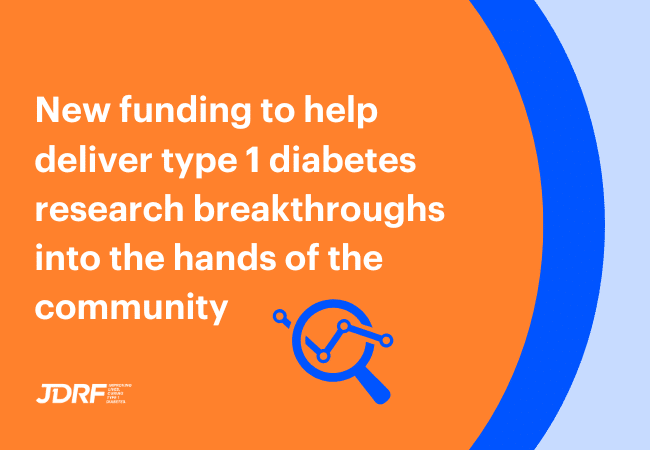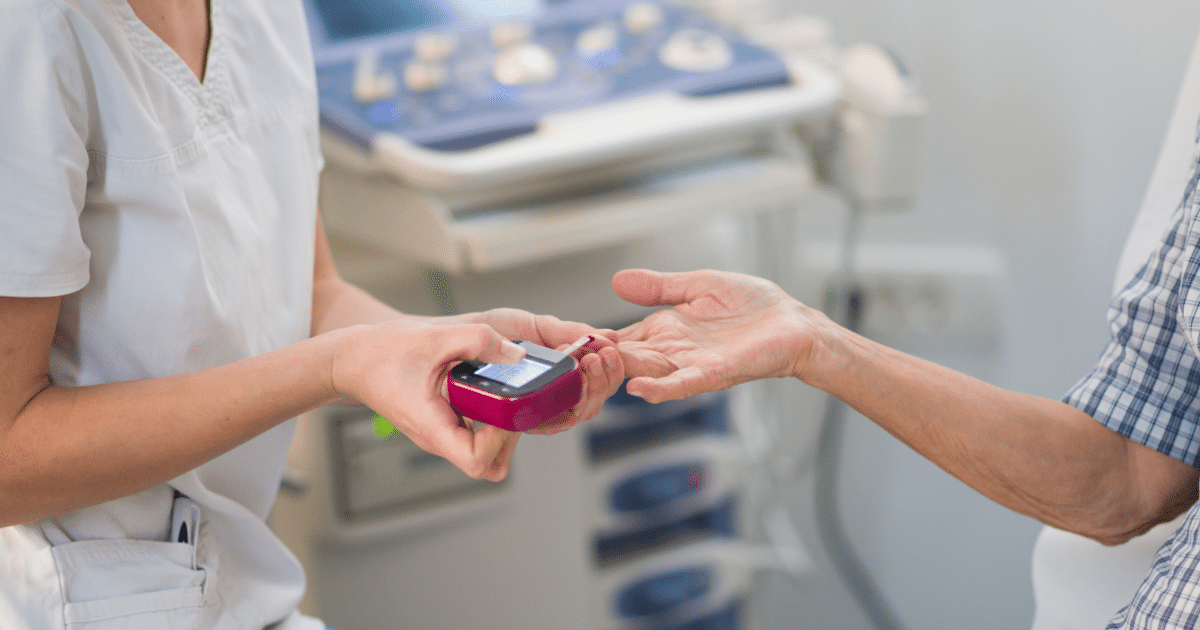New clinical trial results: Hybrid closed-loop technology for adults with T1D
Results from a recently completed JDRF clinical trial have shown some big benefits to hybrid closed-loop technology. Published in the journal Diabetes Care, the results come from a trial led by Prof David O’Neal from the University of Melbourne and the Australian JDRF Closed-Loop Research Group.
This study was funded by JDRF through its Type 1 Diabetes Clinical Research Network (T1DCRN) since 2016.
Find out more below about these incredible results, and what they mean for people with T1D.
What did this study involve?
A total of 120 adults took part in this clinical trial, representing a wide range of ages (25 to 70 years old) and stages of T1D (1 to 59 years since diagnosis). Participants were a mixture of pump and injection users, with an average HbA1c of 7.4% (57 mmol/mol). Anyone currently using real-time continuous glucose monitoring (CGM) was excluded from this trial.
Trial participants were randomly assigned to use either the Medtronic MiniMed 670G hybrid closed-loop system, or to continue with their current T1D management plan (the control group). All participants were also given a masked CGM system, used only to obtain data for the trial.
This trial lasted for 26 weeks, during which the participants met regularly with researchers.
What’s a hybrid closed-loop system?
Closed-loop systems act like an artificial pancreas, continuously monitoring blood glucose and delivering insulin when it’s needed. Hybrid closed-loop systems automate basal insulin delivery, but still require user input for boluses.
What were the results of this study?
After 26 weeks, time-in-range increased by 15 percentage points in the group using the hybrid closed-loop system, from 55% to 70%. The control group had no change in time-in-range.
The hybrid closed-loop group also experienced less time in high and low glucose ranges, lower average glucose levels and lower HbA1c than the control group.
Importantly, hybrid closed-loop users scored better on measures of diabetes-specific positive wellbeing and quality of life, compared with the control group. There was no difference in sleep quality, treatment satisfaction or memory function between the groups.
What does this mean for people with T1D?
These results show clear benefits of hybrid closed-loop systems for adults with T1D, in terms of both blood glucose management and quality of life. It’s notable that even though their average starting HbA1c was 7.4%, hybrid closed-loop users still reported an increase in diabetes-specific wellbeing by the end of the study.
Unlike similar clinical trials, this study compared a hybrid closed-loop system to the insulin delivery and glucose management methods used by the majority of Australian adults. This makes the results much more relevant to a wider range of people with T1D.
What happens next?
Hybrid closed-loop technology is still new, and more studies like this are needed to refine its benefits. The researchers note that a longer study allowing people to become more familiar with the technology could see further improvements in treatment satisfaction or wellbeing.
Additionally, there are many factors that influence how a person with T1D manages their insulin and blood glucose. The researchers point out the need for hybrid closed-loop systems to continue evolving to address concerns outside of glucose control like comfort, ease of use and financial considerations.




